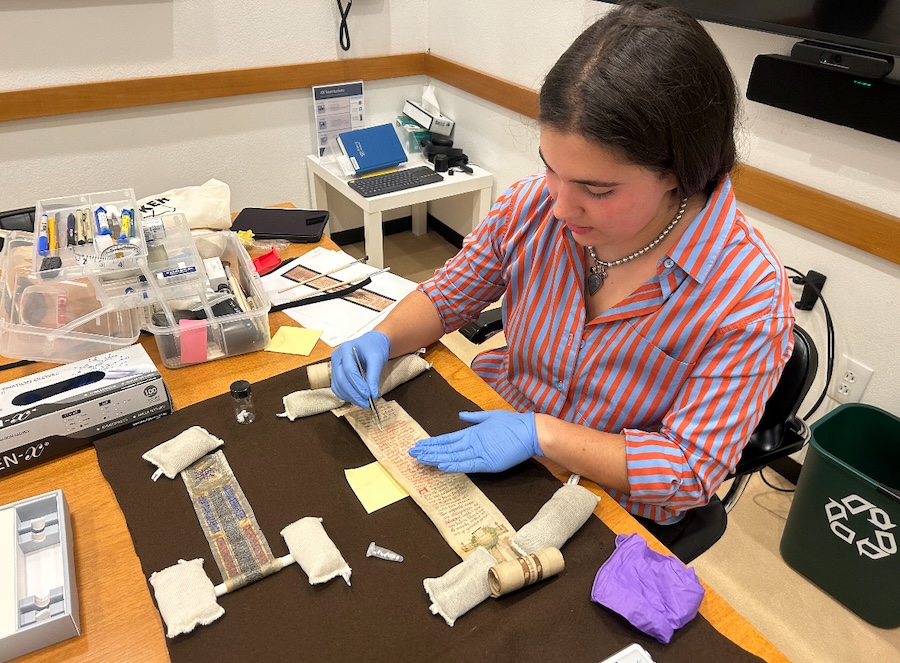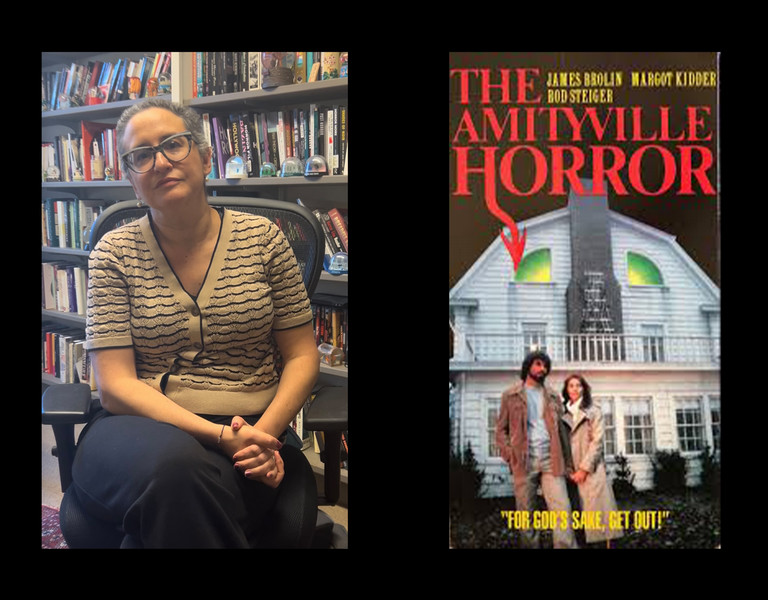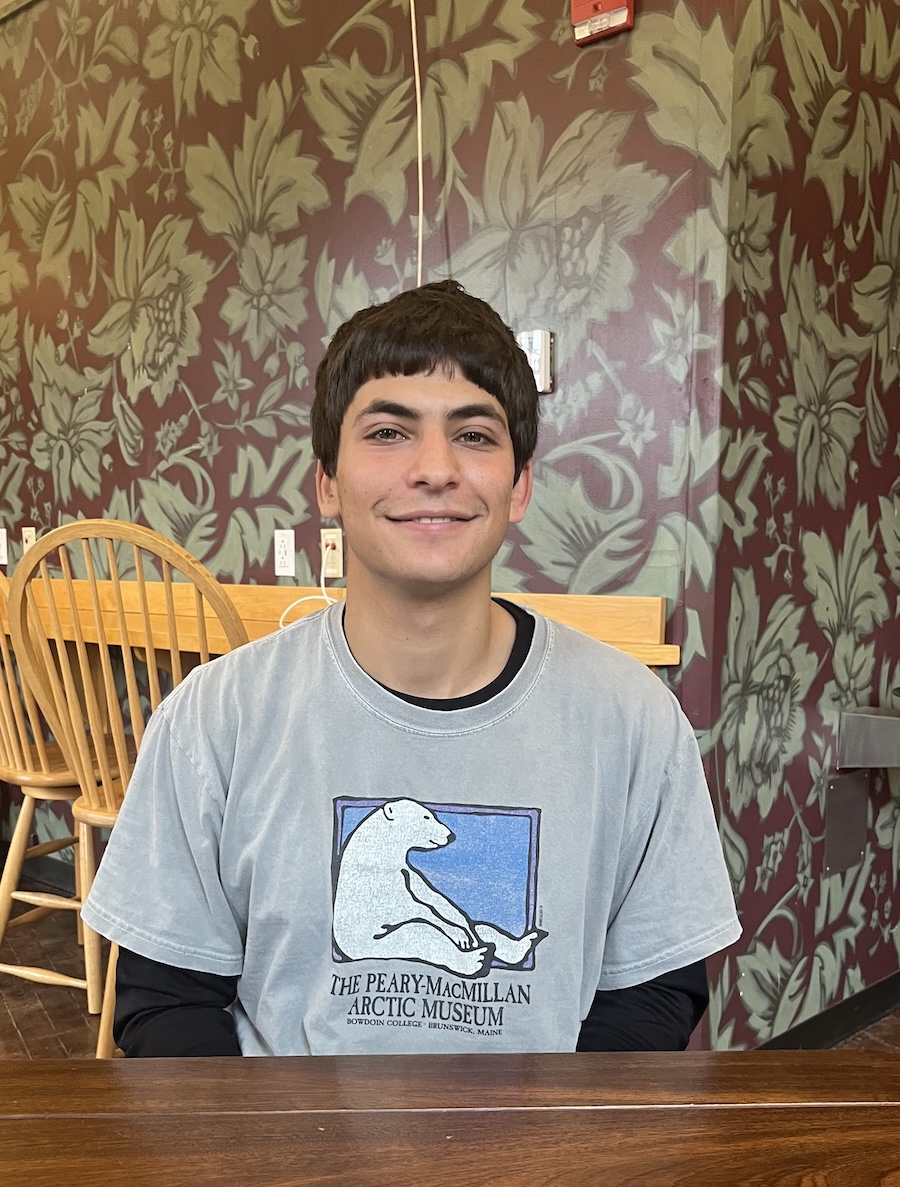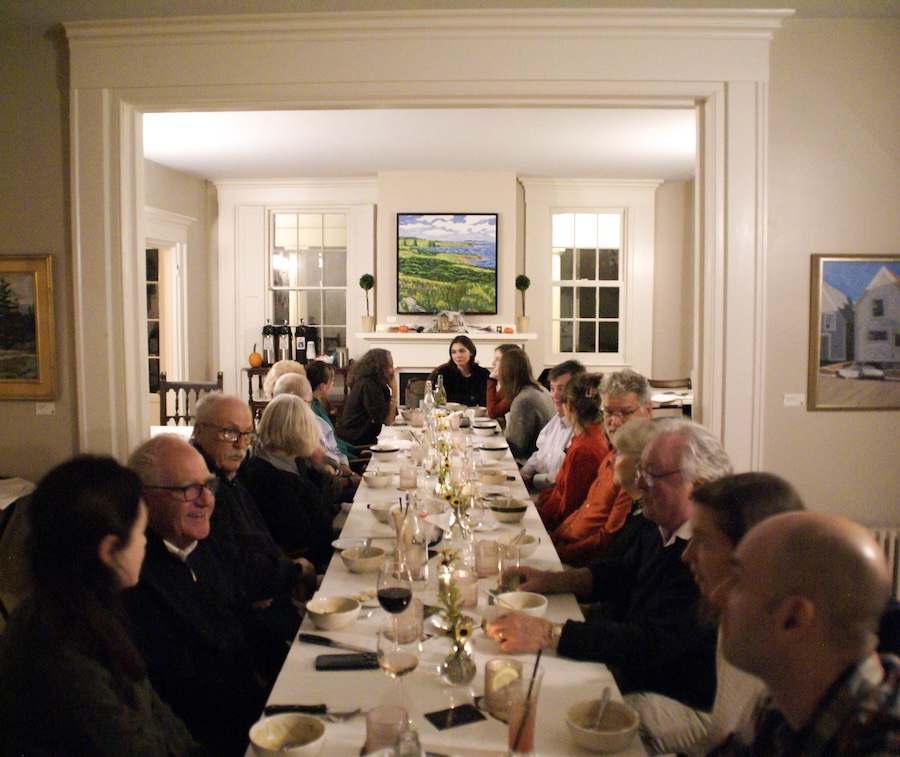The Case for Fiction: Brock Clarke Discusses Latest Work
By Tom PorterAt some point a few years ago, while working on another book column for the Boston Globe, A. LeRoy Greason Professor of English Brock Clarke realized there was a distinct theme to the essays he had been writing for the past decade and a half. “That theme was ‘in defense of fiction,’ or at least an examination of fiction,” he said.

Clarke wrote a few more essays in the same vein and the result was I, Grape; or The Case for Fiction, published earlier this year by Acre Books. It’s a collection of fifteen pieces, all written by Clarke over the course of about twenty years and all examining the art (and artifice) of fiction from a number of different angles. “Some were taken from my Globe column, some were stand-alone essays, and some were part of a larger series. Some essays were also autobiographical,” said Clarke. “For example, one essay (‘I, Grape’) contains an anecdote about my family as a way of asking questions about whether literature makes us more or less tolerant. Another (‘The Hate Mail I Got When I Wrote About My Hometown’), is about, well, the hate mail I got from writing about my hometown, and how that hate mail itself is one of the reasons I like to write about my hometown!” (Clarke is from Little Falls, New York, by the way.) A handful of the essays are about writers that Clarke cares deeply about, a list that includes John Cheever, Muriel Spark, Joy Williams, and Paul Beatty.
“I read and write fiction because for me it’s like an advertisement for idiosyncratic thought,” Clarke said. “I know I risk sounding grandiose and vague saying this, but books that I care about take me to places I wouldn’t normally go.” As an example of this he cites Colson Whitehead’s The Intuitionists, which is a novel about a lot of things—about racism, integration, segregation in schools. “But Whitehead addresses these issues by writing about warring factions of elevator inspectors,” said Clarke. “The reader may wonder, ‘why in the hell would you take that tack?’ You have to read it to find out. Those are the novels I love, where you make the reader wonder why would you do this as a writer? Then the reader has to read on to find out.”
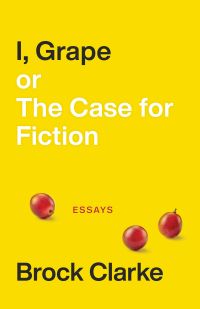
Clarke also addresses the question of what fiction cannot do. “Sometimes we place an undue burden on art in general to do very specific things: to make us better people, smarter, more caring. It can do those things, but not always, and this goes for fiction too,” said Clarke. “Many of us approach fiction expecting it to do at least one of those things, and if it doesn’t, it fails. In that case, we’re just setting up fiction to fail and not to surprise us at all.” One of the basic tenets of this book, adds Clarke, is that part of the appeal of fiction is its ability to surprise the reader.
“There’s no surefire way of becoming a fiction writer,” said Clarke. “If there was, it would be much less fascinating as an art form.” Writers, we are told, are frequently advised to “write about what you know”—not the aspiring authors in Clarke’s creative writing classes, however. “I try really hard not to tell my students to write what they know, because they don’t know very much,” he said. “I know that because I don’t know very much, either now or when I was a student.” He does, however, advocate “sometimes using what you know as a jumping off point and then hopefully what you’re writing becomes a much more interesting version of what you know. If I were writing purely autobiographical fiction, it would be not that interesting. So, I try to take that fiction to places that life doesn’t. After all,” he adds, “it is fiction.”
